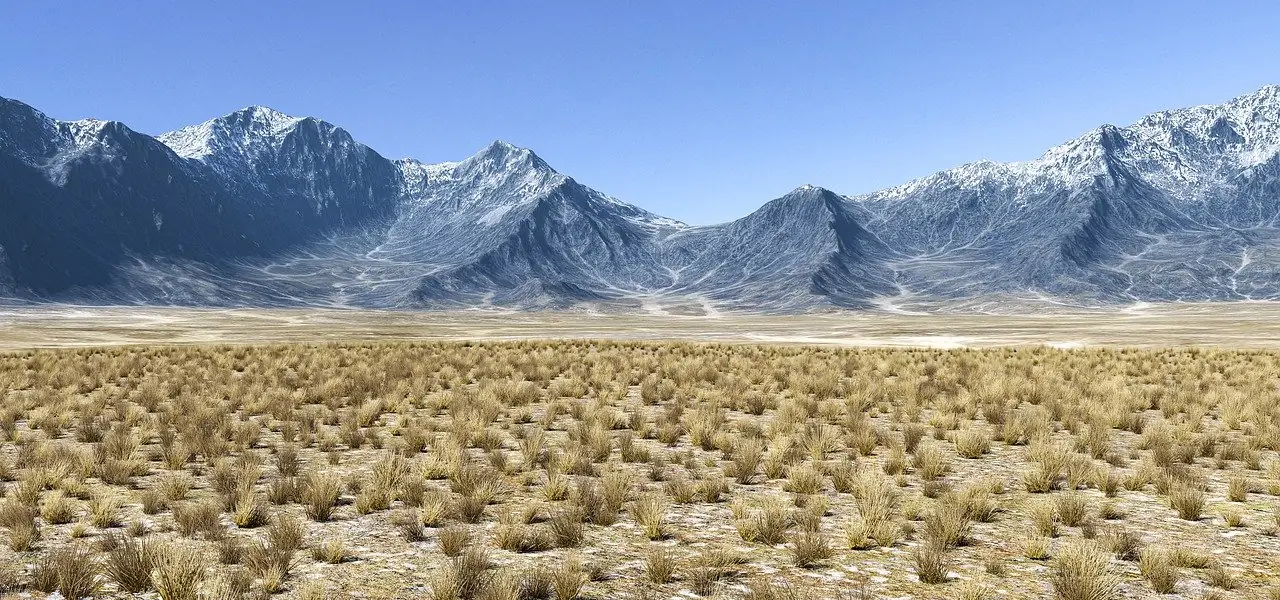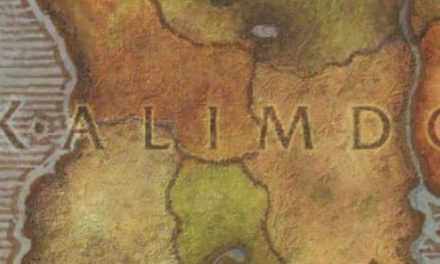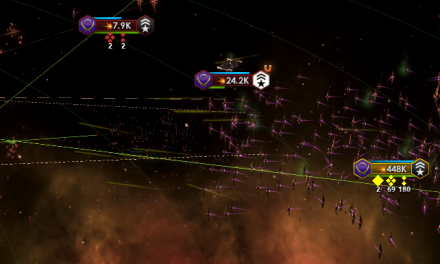Though Acahya’s story didn’t end with the hard-fought battle in the waters off of Japan’s rocky coast, finally putting down the bastard that betrayed her and sent her fleeing into two years of international piracy, it did take a sharp turn. Having sailed the seas and helped foment social and anti-corporate economical revolution on multiple continents, as she sailed away from the burning wreckage of Simon’s combat ship she realized she had spread herself too thin.
Being chased from port to port and country to country by corporate assault teams, she and her crewmates hadn’t spent more than a few weeks in any one country. They had a small reprieve when they took up residence inside a crumbling arcology within the irradiated special exclusion zone between Germany and France—and she felt very good about the work she had spearheaded in restoring the land there—but since their flight from Los Angeles it had been a nearly non-stop series of escapes and investigations into Simon’s whereabouts and plans.
She had scored real victories, rallying the disaffected peoples of Berlin, Prague, and Indonesia to rise up against their corporate overlords, to seize their communities back from the control of faceless foreign bureaucrats, but no matter how empowering, they never quite had the same impact her efforts in Aztlan and Puerto Rico did. She helped rebels carve the Yucatán peninsula away from Aztechnology and form their own nation. She led the peoples of San Juan to—violently—overthrow corporate control of the island’s food processing plants, strengthening anti-corporate sentiment across the island and within the whole of the Caribbean League. Even in nearby Amazonia she helped put down pro-corporate propaganda squads trying to create inroads for more corporate control of the resource-rich country.
Maybe, she thought, it was time to return home again, to reinforce the groundwork already laid and prove to the huddled masses that a different life, a different world was possible. An existence not dictated by multinational corporations and unchecked pillaging of nature, but rather in harmony with the natural world, and according to everyone’s needs. As the rest of the crew cheered and celebrated their victory, she stood alone at the bow of the ship, thinking about what could come next, what should come next.
Though Aztlan continued to hunt for the anti-governmental activist named Tlayotol Ja’ak—with decades of reported incidents and damage to corporate holdings—and petition the fledgling Yucatán nation and the sovereignty of Amazonia for extradition rights, both countries held firm that Tlayotol was a prominent and upstanding citizen and had never been implicated in any crime on their respective soils. In fact, she was a well-known and -trusted voice of the people and the environment. They also categorically denied any suggested association between Tlayotol and the internationally-renowned eco-terrorist known as “Acahya,” who had a history of brutal attacks against corporate interests on four continents, particularly those owned by Aztechnology.
Aztlan could do little but look on with derision and disgust as their would-be holdings across the region were dismantled, either by political pressure, environmental regulation, or clandestine operations that seemed to strike at exactly the most damaging point of a project. More than a few executives were promoted on the promise that they could do something about the “Acahya situation”, but all failed to make a dent in her growing popularity and influence, both above and below board.
She embraced her dual-role as champion of the common person and puppet master behind unending clandestine shadowruns, finding a growing satisfaction in seeing results from afar, rather than directly at her hand. She was a passionate and striking public orator, scarred both emotionally and physically from her history with the megacorps—proof that she understood the hurt, pain, and loss that so many felt at their hands. Behind the scenes she planned, directed, and even occasionally directly funded clandestine missions against those same corporate forces.
She found herself on talk shows, keynoting political rallies, and even speaking before the combined Yucatán congress on more than one occasion, even as various corporations continued to associate her, no matter how tangentially, with the continued politically-motivated assaults and sabotaging of their facilities in the region.
For nearly a decade she was a public face—or rather, the face of the public—across the Yucatán and all corners of the Caribbean, and in 2062, in what was a legitimate surprise to her, she was elected governor of the breakaway state she had helped create years before. Her rise to prominence sparked hope that Aztechnology could actually be defeated on their home turf, and if there, anywhere. If local power could stifle and stymie the efforts of one megacorp, maybe the others were vulnerable, too.
She had been so focused on the mission—her passion used to inflame and encourage workers’ rights, ecological harmony, and political activism—that she hadn’t paid much attention to the growing calls for her to take an active role in government, rather than sitting on the side as an advisor and constant check against the many entities who sought to take advantage of the fledgling nation and its resources.
Though she helped steer the government well, being surprisingly well-read on geopolitics, economics, and finance—as well as intimately familiar with the plight of the common denizen—she quickly realized she hated running a government even more than she hated being in a leadership role of the arcology back in Germany; endless meetings and people vying for her attention, in a way that hamstrung her ability to get real work done. No matter how far she’d come from her roots as a lone survivor in the Sonoran Desert, she still hadn’t fully let go of the idea that she needed to have her hands directly in the mix. Being the face of an entire nation, particularly on the world stage and in talks with other leaders, hamstrung her aims far more than enabled them.
The 2064 Matrix crash provided her a unique opportunity to solve multiple problems. After years of working with the Yucatán government, and two years leading it, corporations knew they had to tread lightly on the peninsula, that it wasn’t an area they could rape and pillage with impunity. Forging close allegiances with the islands of the Caribbean League and the whole of Amazonia meant that her influence had steadily spread in those directions as well, forming a powerful block of similarly-minded, citizen- and nature-first governmental bodies, well-informed and well-aware of the dangers of corporate exploitation.
Ensuring that her government and direct cabinet members were well-poised to continue her vision, Tlayototl slipped off into the chaos, passing herself off as another refugee from the digital Armageddon as she sought a place to reinvent herself, continuing the good works that had been so successful in the Americas.
Living almost entirely off the grid in eastern Tibet, she knew the former Chinese states were ripe with opportunity—corporations had for years propped up warlords and micronations for their own interests, leaving the entire region awash in dirty money, ecological exploitation, and human misery.
Nodding to herself as she stood at the edge of the small plateau which had served as her shamanic retreat for more than six months, she looked out over the Asiatic steppes. With a small backpack of provisions, she trusted the spirits to guide her to the place, the people, with the greatest need. She would help them build a bulwark against corporate interests, to rebuild in harmony with the natural world. To defend themselves and their budding harmony.
And then she would teach others. And others. And her message would spread, this time without a figurehead. After all, figureheads can fail or die, but ideas—given life through the hard work and belief of the common person—never can.
This epilogue concludes the stories of Acahya’s adventures, which were an absolute delight to create over this past year. Created for a Shadowrun campaign run by phalse, she was a lone wolf forced by circumstance to work as part of a team, and learned along the way which parts of her prickly personality may or may not be actually serving her needs. A fierce defender of the natural world and person who loathed corporate interests in every shape and form, the story took her from her roots in North America across the whole of the world.
Obviously there were far more adventures than those I wrote about in this blog, as is the nature of a good role-playing campaign, but I think I by and large touched on the most impactful and meaningful arcs that are approachable to a wider audience, who may not be familiar with the near-future world of Shadowrun. Her character arc definitely went in directions I didn’t expect, and I’d say that’s the true strength of collaborative storytelling.
Thank you all for following along on her adventures, and I look forward to finding my next character to write about soon.
Header image by Wolfgang Eckert from Pixabay

















